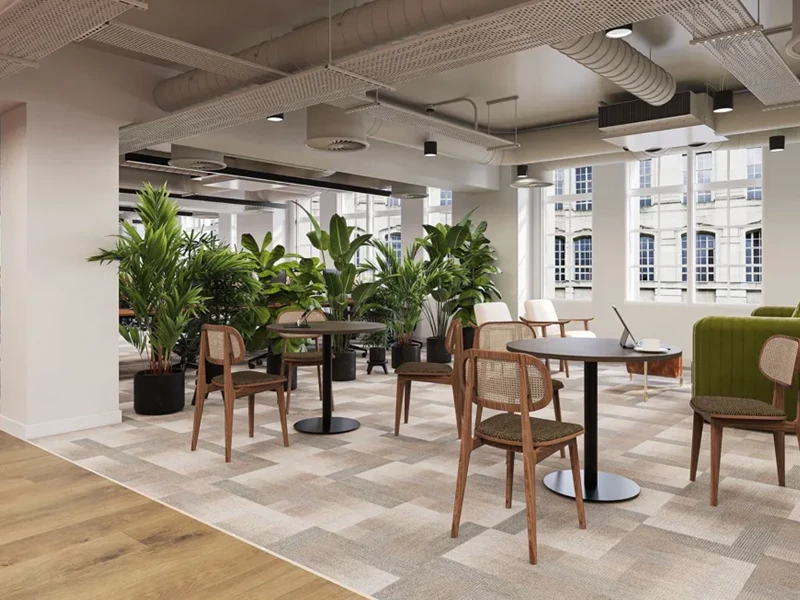Where has the growth come from?
Similar to the tech industry, the post-recession era was a defining time for the coworking sector. Since then, according to the ONS, a high number of business births consistently outstripped the number of business deaths. Following the recession and the realisation that the economic situation of businesses can change within the virtual blink of an eye, ‘flexibility’ in terms of the ability to scale up or down with ease, become a vital factor. Whilst serviced offices existed and could respond somewhat to this increasing need to flexibility, they did not offer the community or even quality of design that the new entrants such as WeWork could offer.
‘Flexibility’ also led to new forms of employment and the rise of freelance and gig economy workers. To illustrate the radical shift in the way in which we work today we only need to take a look behind the employment landscape in the UK. In 2017, the Resolution Foundation estimated that ‘self-employment’ accounted for 45% of UK employment growth. The rise of freelancers and gig economy workers meant that the number of workplaces required was fluctuating for businesses. In addition, the growing number of freelancers also meant that many of them took it upon themselves to find an office-like environment with like-minded fellow workers outside of their homes.
A wave of consolidation?
Similar to the tech industry with the likes of Google and Facebook, the flexible office and coworking sector has seen some big players come in and disrupt the market, most notably, WeWork. However, just like in the tech sector, behind the big shooting stars, there are a large number of small and highly individualised companies that are a driving force in the coworking landscape. From workspaces that are also experts in childcare, through to family-run office providers that focus on offering only the essentials. In London alone, there are more than 1,000 coworking centres, and over 300 different providers, and their number is growing fast.
Some predict that the tech sector is looking at a wave of mergers and acquisitions in the next few years. This would consolidate a market that has been thriving on a new-found trust in the power of entrepreneurial spirit and visions, which in turn led to a high degree of fragmentation. Similarly in the coworking sector we are also likely to see a wave of consolidation with larger providers and those offering a distinct niche emerging as the winners.








